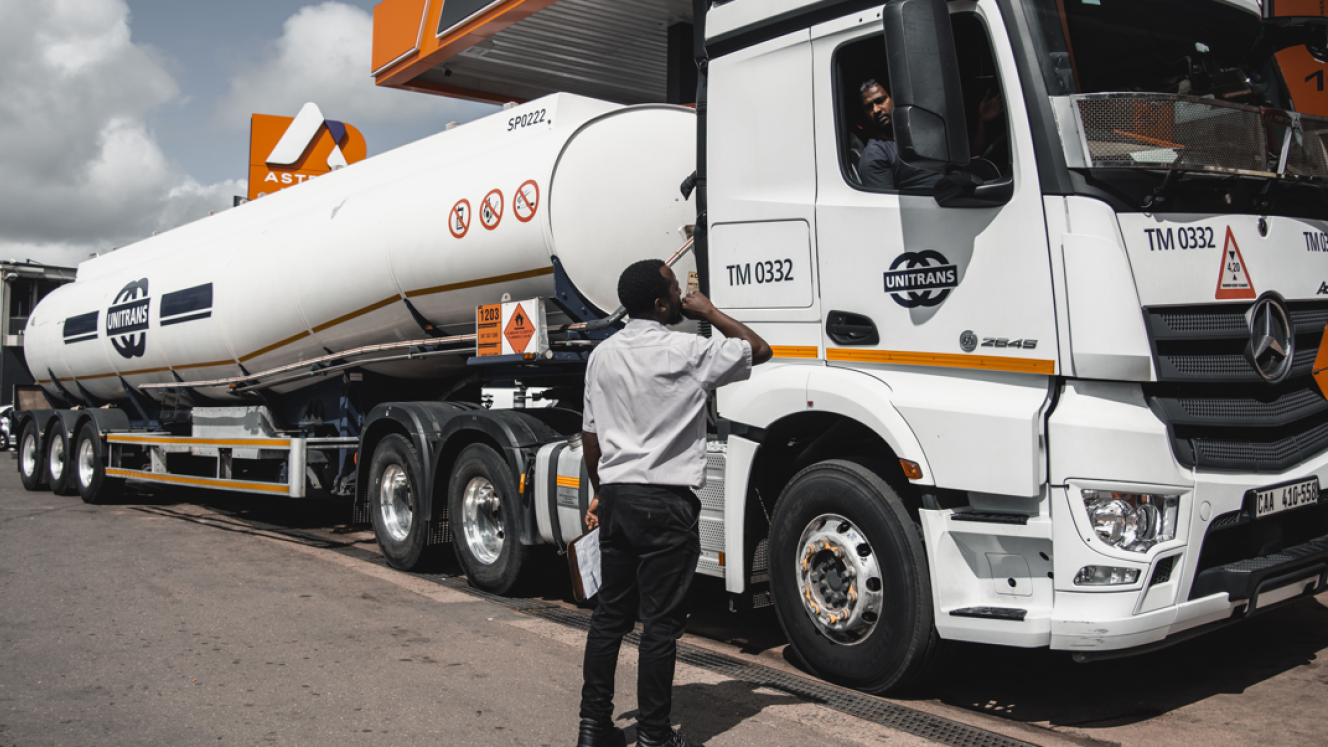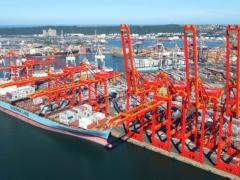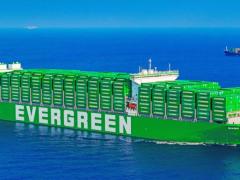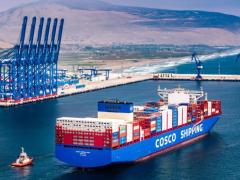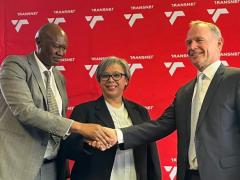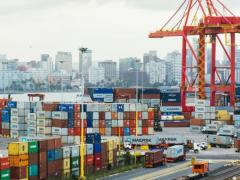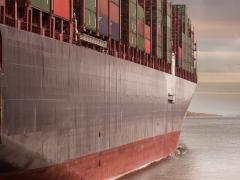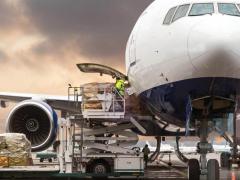Unitrans is optimising supply chains by leveraging cutting-edge technology to enhance last-mile fuel delivery to forecourts, leading the charge towards greater efficiency and safety.
The bulk tanker fuel transportation and logistics supplier has invested in solutions to ensure fuel is delivered promptly and efficiently, while adhering rigorously to stringent regulations and legislation.
Unitrans CEO, Edwin Hewitt, said the company operated more than 1 000 tankers and facilitated the transport of more than four billion litres of fuel annually.
“The company leverages technology to address the numerous challenges faced during last-mile deliveries to forecourts. These include vehicles navigating tight spaces with complex cargo, inaccurate tank measurements, product contamination, skill deficiencies, and ongoing labour-intensive manual procedures,” said Hewitt.
Unitrans has implemented Bartec, an electric control and metering system designed for fuel tankers, to enhance efficiency and minimise errors.
Executive for Specialised Bulk at Unitrans Africa, Martin Loubser, said the innovative system featured electronic barriers that prevented overloading and incorrect discharge into forecourt tanks.
“It optimises flow and load rates, leading to quicker turnaround times for vehicles, which in turn drives down cost.”
The company has also implemented a multi-hose loading system for efficient loading and discharge of products. At gantries, two hoses are used for simultaneously loading diesel and petrol into compartments in a single tanker, reducing loading times from 90 minutes to 30 minutes. At the forecourt, the introduction of three discharge pipes has also reduced offloading time from 120 minutes to 45 minutes.
The implementation of ‘sign-on glass’ technologies across its bulk fuel operations has improved communication and efficiency, replacing the paperwork associated with proof of delivery processes. SMS notifications provide real-time updates on loading progress, departure, and arrival times and capture delivery confirmations and recipient signatures.
Immediate electronic transmission after delivery has also expedited customer invoicing, reducing the order-to-cash cycle by up to two days.
"Enhancing customer satisfaction and boosting margins for transporters in a challenging fuel economy demands a sustained commitment to innovation and efficiency,” Loubser said.
“Our company is proactively utilising mechanical and electronic technologies, both in our vehicles and at the forecourt. By collaborating closely with key partners, we are improving last-mile logistics through streamlined operations and enhanced service delivery.”
